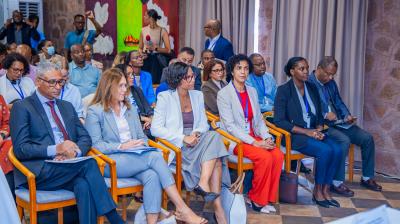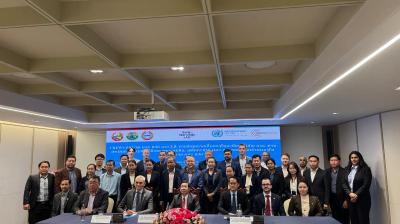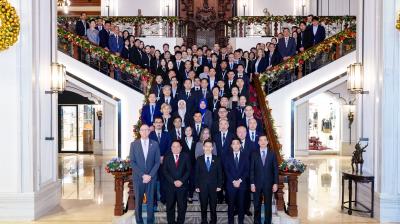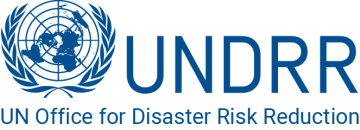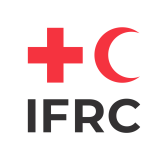Early Warnings for All
Early Warnings for All is a groundbreaking initiative to ensure that everyone on Earth is protected from hazardous weather, water, or climate events through life-saving early warning systems by the end of 2027, as called for by United Nations Secretary-General António Guterres on World Meteorological Day 2022.
With human-induced climate change leading to more extreme weather conditions, the need for early warning systems is more crucial than ever.
Despite the urgent need, only half of the countries worldwide report having adequate multi-hazard early warning systems.
Early warning systems are not a luxury, but a cost-effective tool that saves lives, reduces economic losses, and provides a nearly tenfold return on investment.
WMO, together with the United Nations Office for Disaster Risk Reduction (UNDRR), co-lead the Early Warnings for All initiative, with support from the International Telecommunication Union (ITU) and the International Federation of Red Cross and Red Crescent Societies (IFRC).
The delivery of Early Warnings for All requires scale up and coordinated investments and action across the four essential pillars of people centred, end to end Multi-Hazard Early Warning Systems (MHEWS):
- Disaster risk knowledge,
- Detection, observation, monitoring, analysis, and forecasting
- Warning dissemination and communication and
- Preparedness and response capabilities.
Achieving Early Warnings for All requires broad partnerships at the global, regional, and national levels in support of the most vulnerable and at risk.
The 2023 Global Status of Multi-Hazard Early Warning Systems report, launched at COP28, analyses the latest data one year into the Early Warnings for All Initiative, which aims to cover everyone everywhere by 2027. An Interactive Early Warnings for All Dashboard is now also available.



